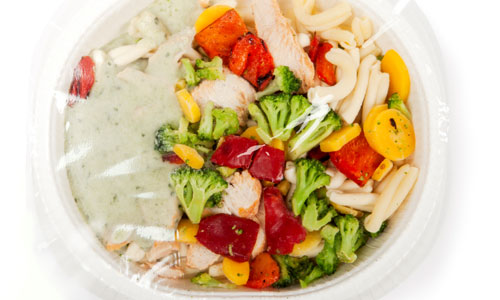5 Disadvantages of Frozen Meals

Photo Courtesy: Multiart ©crestock.com
Life has become so fast paced that people rarely have time to cook their own food. Availability of cheap alternatives like ready-made noodles, frozen food, etc. has glazed over the health benefits of natural food. But is this ever increasing frozen food style healthy? Read on to find 5 disadvantages of frozen meals.
1. High salt content
Too much of sodium content in a human body is bad. Copious amounts of salt are added to help preserve food without much loss of nutrients. While salt is used since ancient times to preserve food, ever increasing consumption of frozen food has led to research on effects of salt intake. According to global dietary guidelines, intake of above 2300 mg of sodium daily is detrimental. The harmful effects include high blood pressure and heart diseases.
2. Loss of nutritional content
When food is frozen for lengthy periods of time, it slowly loses its nutritional content. Vitamins B and C suffer the biggest loss in frozen foods. Deficiency of vitamins B and C causes immune diseases, scurvy respectively. The loss is more pronounced when meals are kept frozen for a long time.
3. Changes in texture
Frozen food loses its natural texture over time resulting in changes in appearance. It may be unappetizing to some people but is generally accepted. If you are one of those who give more priority to feel rather than content, then frozen meals are not for you.





